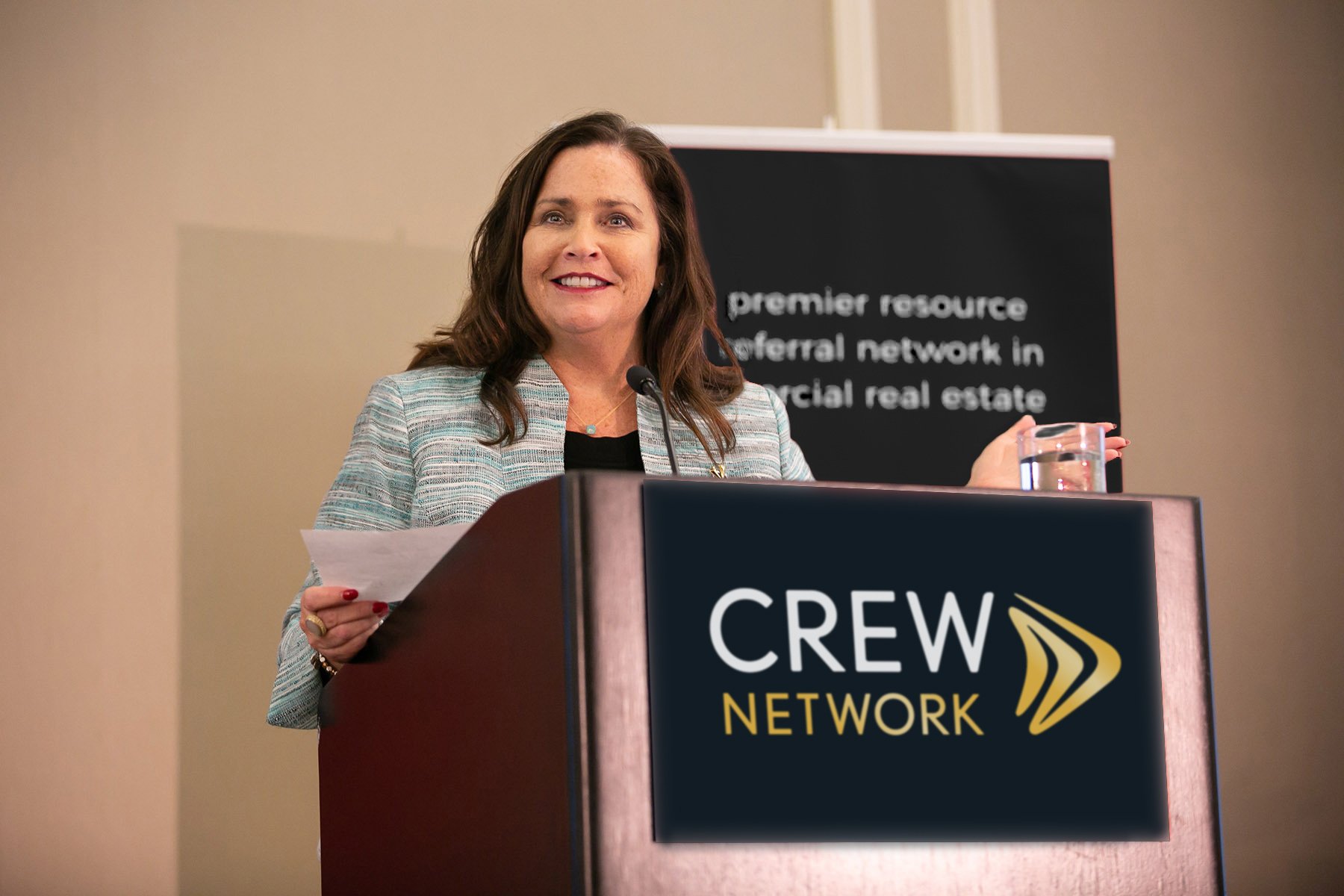Erika Morphy is co-editor of Debt and Equity Journal, from which this article is excerpted.
Norwalk, CT—The Financial Accounting Standards Board (FASB) will be reconsidering the current accounting standards for leases over the next year, with a possible decision to be announced in 2008. The new regulations could dramatically affect the financial underpinning of sale-leaseback transactions as well as valuations for other real estate transactions.
The consideration of this issue--which has been formally added to FASB's agenda--will be conducted jointly with the International Accounting Standards Board (IASB) to reflect similar changes that are underway in other countries.
"Depending on the direction FASB takes, it could represent a major sea change," says Washington, D.C.'s Real Estate Roundtable senior vice president and counsel Stephen M. Renna.
Some background is necessary to understand the implications of FASB's actions. For some time the agency has been concerned about the accounting of long term leases of capital equipment, which fall into either one of two categories: capital lease or operating lease. With an operating lease, the asset stays on the books of the company leasing out the equipment--not on the user company's books. The user company instead takes a deduction on the lease payment. For accounting purposes, an operating lease is the most favorable category for companies and most tend to structure transactions so they fall in this category, Renna says.
FASB's concern is that in this scenario--a lease that can last as long as 20 years for the life of the product--essentially it is not a lease anymore but a de facto purchase and should be accounted as a financing arrangement. "FASB believes that the accounting does not represent what is going on in the transaction; that the rules don't adequately express the true economic relationship between the parties," Renna says.
FASB is thus examining how to reclassify operating leases under a different paradigm, so the buying company's books reflect this relationship.
Manufacturers, of course, will be directly impacted by these changes, if and when they do arrive. However, real estate transactions would also be affected. FASB has put out special reports on lease accounting over the last few years and in one study it was recommended that land and buildings should also fall under these accounting rules, Renna reports.
In simplistic terms, such an application would result in tenants having to treat on their books their lease of building space as something they had purchased. Conversely, owners of real estate might not be able to claim ownership of the leased space on their books.
"FASB is primarily concerned about equipment leasing and making sure the accounting reflects the economics of the transaction involved," Renna says. "In many equipment leases FASB views the lease not as an operating lease but a financing transaction. FASB will be looking into modifying leasing rules to affect this."
Real estate, he continues, is a different asset than capital equipment--it is long-lived obviously and does not deteriorate the way a piece of machinery would. "Our concern is that any modifications FASB makes need to reflect this," he says.
The report that recommended FASB apply new lease accounting standards to real estate transactions came out in 2000. However, there appears to be new momentum behind the issue. "FASB is setting up working groups, both internationally and domestically," Renna says. The Real Estate Roundtable will be providing commentary on how modifications to lease accounting rules could affect real estate.
No one knows, including FASB, what the end result will be from these considerations. However as Renna points out, clearly FASB is seriously considering changes and both tenants and owners have to start thinking now how they will handle them. "You can't put your head in the sand over this issue," Renna warns.
Some in the industry believe at least some changes are a foregone conclusion.
I think unless something dramatic happens the tenant will be required to account for its lease obligation on the balance sheet, George Yungmann, senior vice president, financial standards at Washington, DC's National Association of Real Estate Investment Trusts says.
"We have attended meetings at FASB and the International Accounting Standards Board where this was discussed and there was a very strong feeling that those obligations should be reported," Yungmann says.
How the accounting for the owner of the real estate property should be characterized, though, it is still to be determined. "There is not as much consensus around this issue," he says. "It is not something I would want to speculate about."
Want to continue reading?
Become a Free ALM Digital Reader.
Once you are an ALM Digital Member, you’ll receive:
- Breaking commercial real estate news and analysis, on-site and via our newsletters and custom alerts
- Educational webcasts, white papers, and ebooks from industry thought leaders
- Critical coverage of the property casualty insurance and financial advisory markets on our other ALM sites, PropertyCasualty360 and ThinkAdvisor
Already have an account? Sign In Now
*May exclude premium content© 2024 ALM Global, LLC, All Rights Reserved. Request academic re-use from www.copyright.com. All other uses, submit a request to [email protected]. For more information visit Asset & Logo Licensing.








